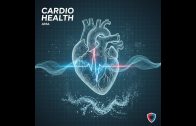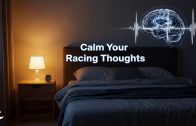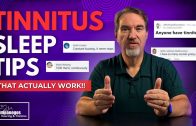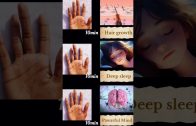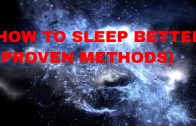Sleep and Clocks, Windows to Health, Highlights
Watch the full program here: https://www.youtube.com/watch?v=7sKAjcqaLOY
Like our Content?
Follow us on Facebook, Twitter, Instagram, or LinkedIn.
https://www.facebook.com/C2ST1/
Tweets by C2ST
https://www.instagram.com/c2st/
https://www.linkedin.com/company/chicago-council-on-science-and-technology/
Visit our site.
Most of us know what it feels like after a long night with little or no sleep, but do we know the wide-reaching effects such nights can have on our health?
Sleep is a fundamental, biological necessity that is governed by our bodies and 24-hr (circadian) clock processes. Millions of Americans suffer the health consequences of disrupted sleep or circadian organization. Inadequate amount or quality of sleep is a growing and under-appreciated determinant of health status. The consequences to society are enormous, including risk for several of modern societies’ medical epidemics including cardiovascular disease, diabetes, obesity, and cancer, accidents and overall quality of life. This lecture will provide an up to date understanding of the biological mechanisms that regulate sleep and wake function, the multiple functions of sleep and the consequences of poor sleep and circadian misalignment (as seen with shift work) on performance, learning and memory, and physical health. In addition, strategies to promote better sleep at the right time of the day will be discussed.
Featured Guests
Phyllis Zee, MD, PhD
Phyllis C. Zee, MD, PhD is the Benjamin and Virginia T. Boshes Professor in Neurology and Professor of Neurobiology at Northwestern University. She is also the Director of the Center for Circadian and Sleep Medicine (CCSM), Chief of the Division of Sleep Medicine at Northwestern University’s Feinberg School of Medicine, and the Medical Director of Sleep Disorders Center at Northwestern Memorial Hospital. Dr. Zee is the founder of the first circadian medicine clinic in the US, where innovative treatments are available for patients with circadian rhythm disorders.
Dr. Zee’s research has focused on the effects of age and neurodegeneration on sleep and circadian rhythms and pathophysiology of circadian sleep-wake disorders. In addition, her laboratory is studying the effects of circadian-sleep based interventions, such as exercise, bright light and feed-fast schedules.
Dr. Zee has authored more than 300 peer reviewed original articles, reviews and chapters on the topics of sleep, circadian rhythms, and sleep/wake disorders. She has served on numerous national and international committees, NIH scientific review panels, and international advisory boards. Dr. Zee is the recipient of the 2011 American Academy of Neurology Sleep Science Award and the 2014 American Academy of Sleep Medicine academic honor, the William C. Dement Academic Achievement Award.







